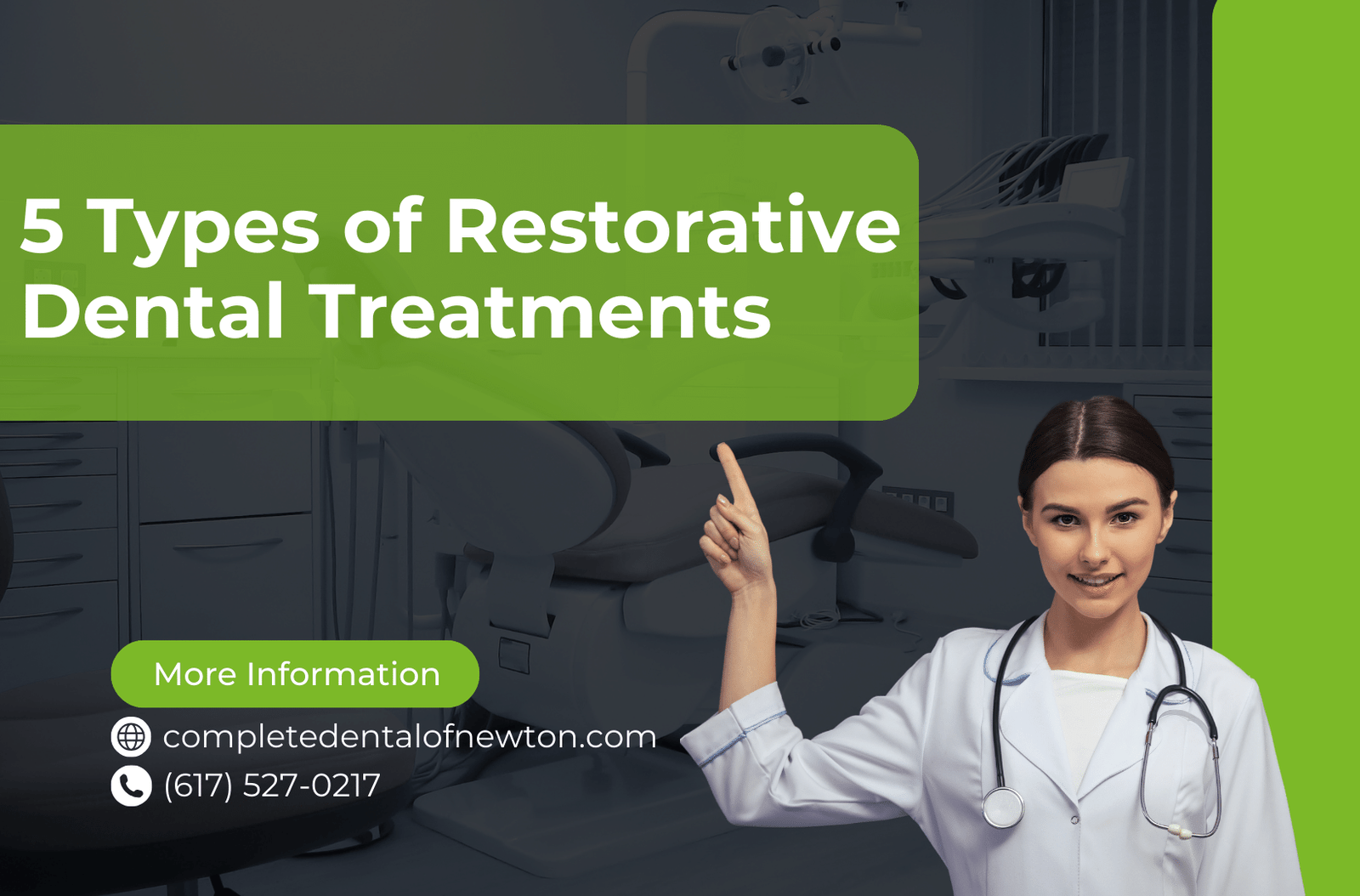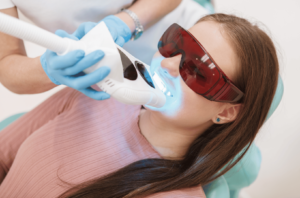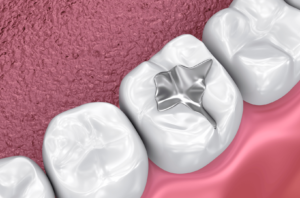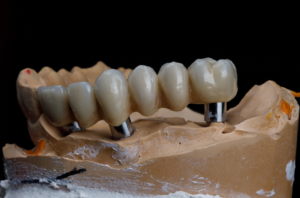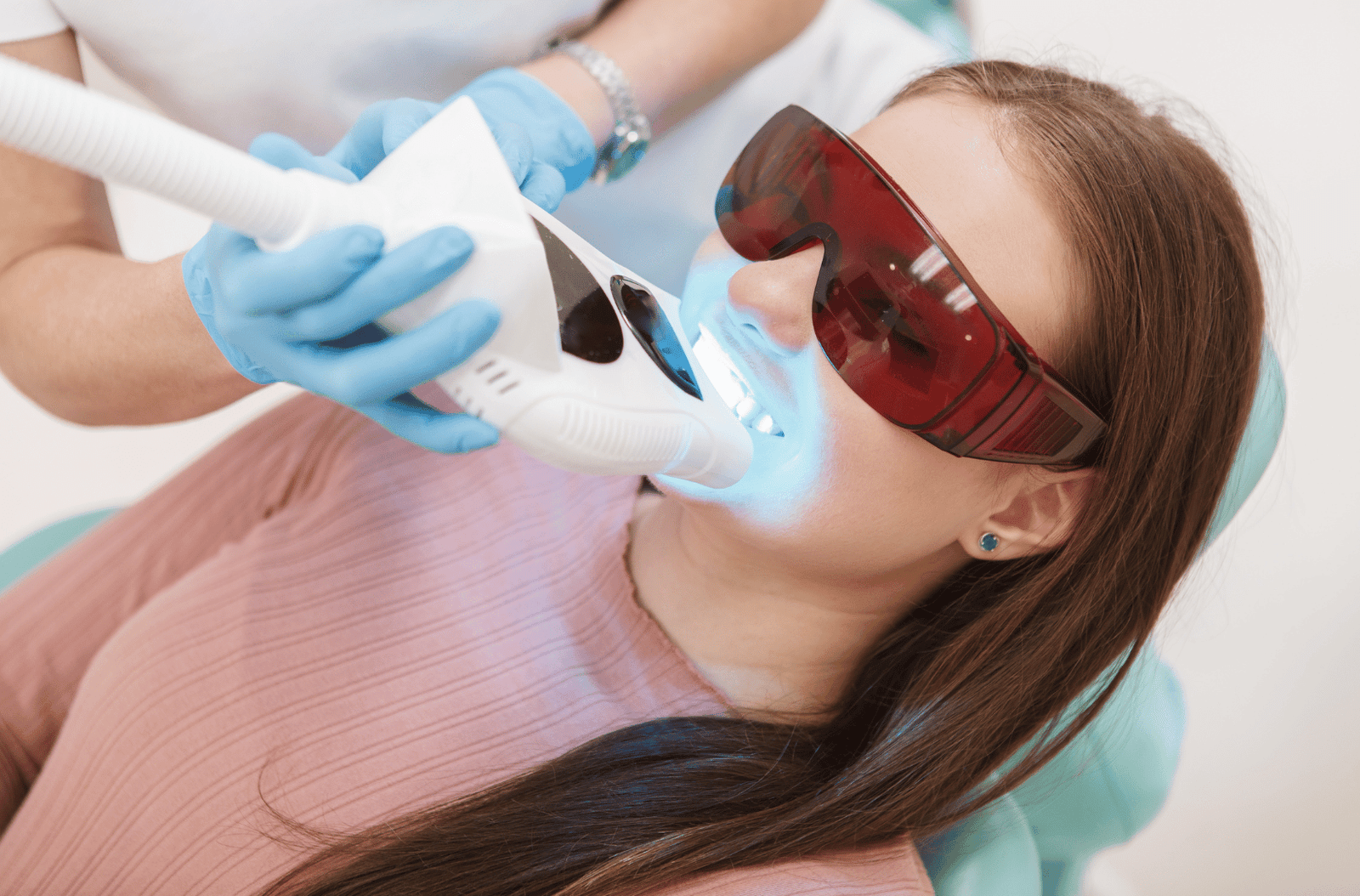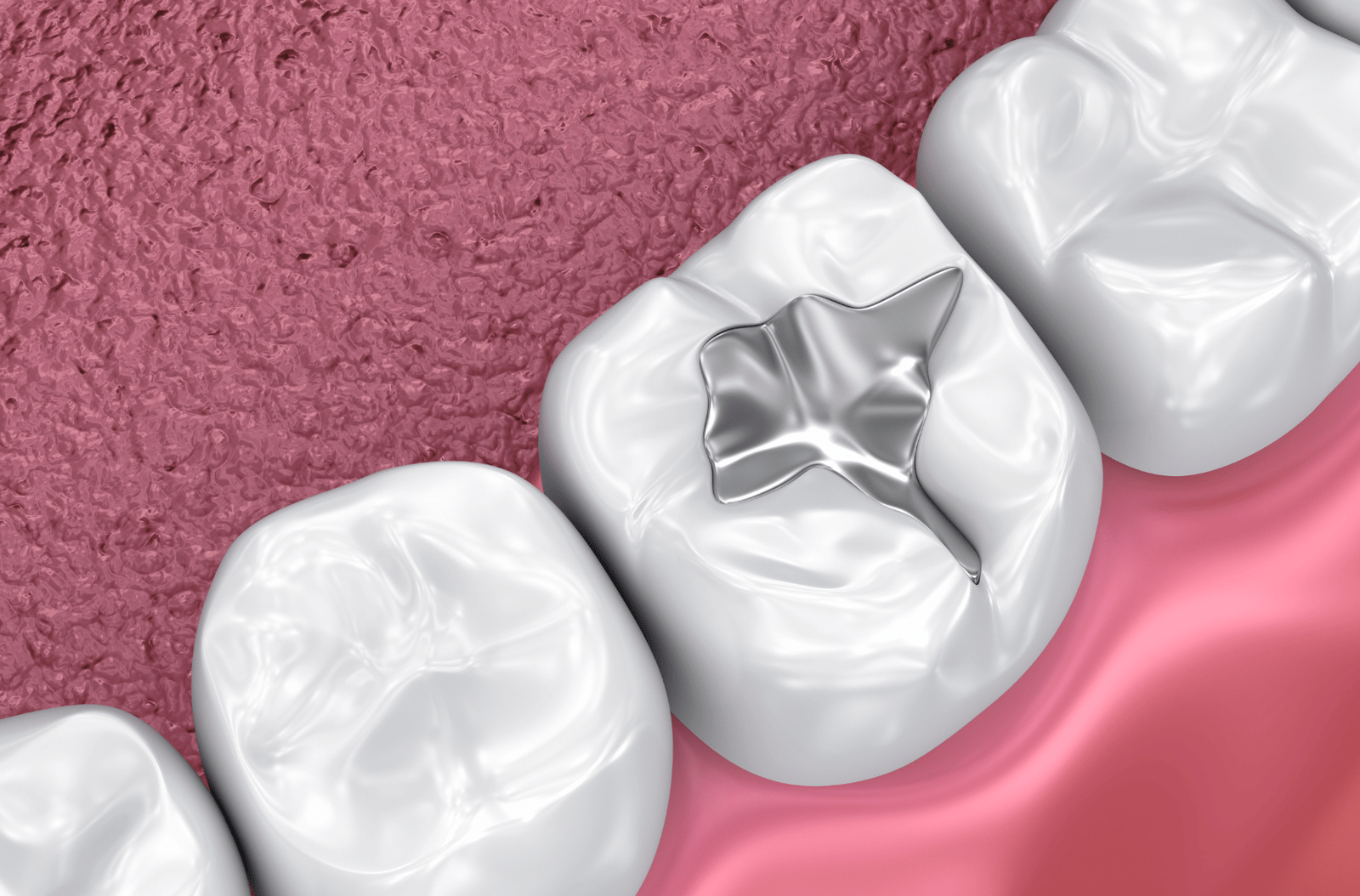Are you suffering from dental issues that are affecting your quality of life? Don’t worry; several restorative dental treatments are available to help you regain your smile and oral health. This comprehensive guide will explore five types of restorative dental treatments that can make a significant difference in your life. At Complete Dental Of Newton, we are committed to providing you with the best care possible, and these treatments are ways we can help you achieve optimal dental health.
Dental Fillings
Dental fillings are one of the most common restorative dental treatments to repair cavities and minor tooth damage. They involve removing the decayed portion of the tooth and filling the space with materials like amalgam, composite resin, or porcelain. Dental fillings restore the tooth’s structure and prevent further decay.
Dental Crowns
A dental crown can be a saving grace when a tooth is severely damaged or weakened. Crowns are custom-made caps that fit over a damaged tooth, restoring its shape, strength, and function. They are often recommended after root canal therapy or for teeth with extensive decay or fractures.
Dental Bridges
Dental bridges can be an excellent restorative solution if you have one or more missing teeth. A dental bridge consists of two or more crowns placed on adjacent teeth, with a false tooth (pontic) in between. This bridge “bridges” the gap created by missing teeth, improving your bite and smile.
Dental Implants
Dental implants are a popular choice for a more permanent solution to tooth loss. Implants involve surgically placing a titanium post into the jawbone as an artificial tooth root. A crown is attached once the implant fuses with the bone, creating a durable and natural-looking replacement tooth.
Dentures
Dentures have been a trusted restorative option for people with multiple missing teeth. They come in two main types: full dentures (for complete tooth loss) and partial dentures (for a few missing teeth). Dentures restore your ability to eat and speak, enhance your facial appearance, and boost your confidence.
Conclusion
In conclusion, restoring your dental health is crucial for your overall well-being. The five types of restorative dental treatments discussed here – dental fillings, dental crowns, dental bridges, dental implants, and dentures – offer practical solutions to various dental problems. At Complete Dental Of Newton, we understand the importance of quality dental care and are here to provide personalized treatment options tailored to your needs. Don’t let dental issues hold you back; schedule an appointment with us today to start your journey towards a healthier and more beautiful smile.
Thank you for considering Complete Dental Of Newton as your partner in dental health. We look forward to serving you and helping you achieve the smile you deserve.
FAQs About Restorative Dental Treatments
What are restorative dental treatments, and why are they important?
Restorative dental treatments are procedures to repair or replace damaged or missing teeth. They are vital because they restore oral health, function, and aesthetics. Dental issues can worsen without these treatments, leading to more extensive problems.
What is the difference between dental fillings and dental crowns?
Dental fillings repair small to moderately-sized cavities or tooth damage by filling the affected area with materials like amalgam or composite resin. Dental crowns, on the other hand, are custom-made caps that cover the entire tooth, restoring its shape and strength, typically used for more significant damage or after a root canal.
How do dental bridges work, and who is a suitable candidate for them?
Dental bridges consist of crowns placed on adjacent teeth with a false tooth (pontic) in between. They are suitable for individuals with one or more missing teeth and healthy adjacent teeth to support the bridge. Dental bridges restore bite function and improve aesthetics.
What are dental implants, and why are they considered a permanent solution?
Dental implants involve the surgical placement of a titanium post into the jawbone to serve as an artificial tooth root. Over time, the implant fuses with the bone, creating a stable foundation for a crown. This process makes dental implants a long-lasting and durable solution for tooth replacement.
Can anyone get dentures, and what are the different types available?
Dentures are a suitable option for individuals with multiple missing teeth. There are two main types: full dentures, used when all teeth are missing, and partial dentures, for those with a few missing teeth. Dentures are custom-made to fit comfortably and restore the ability to eat, speak, and smile.
How long does the process of getting restorative dental treatments typically take?
The duration of restorative dental treatments varies depending on the specific procedure and individual patient needs. Dental fillings can often be completed in a single appointment, while dental implants may require several months to fuse with the jawbone.
Are restorative dental treatments painful?
Dentists use local anesthesia to numb the treatment area, ensuring minimal discomfort during restorative procedures. Patients may experience mild discomfort or soreness after the procedure, which can usually be managed with over-the-counter pain relievers.
What is the lifespan of restorative dental treatments like dental crowns, bridges, and implants?
The lifespan of restorative dental treatments can vary based on factors like oral hygiene, diet, and overall health. Dental crowns, bridges, and implants can last 10 to 20 years or even longer with proper care. Regular check-ups with your dentist are essential for monitoring the condition of these treatments.
Do restorative dental treatments look natural?
Yes, restorative dental treatments are designed to look natural and blend seamlessly with your existing teeth. Dentists use materials like porcelain and composite resin that mimic the appearance of natural teeth, ensuring a beautiful and realistic smile.
How can I determine which restorative dental treatment is proper for me?
The best restorative dental treatment for you depends on your specific dental issues and goals. A consultation with a dentist is crucial to assess your oral health and discuss your options. They will provide personalized recommendations based on your needs and preferences.

